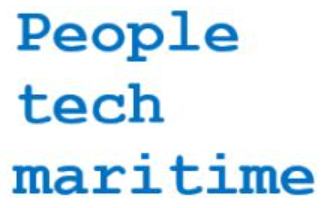People who believe that artificial intelligence is possible, but have an open mind, might be interested in watching this 6 minute video of AI expert Roger Schank interviewed on CNN.
Roger says that if you define artificial intelligence as a model of human intelligence by a machine, then it doesn’t exist, not now and not around the corner. What we do have is fast computer systems, mislabelled AI.
Roger has been working on AI longer than just about anyone alive – see his contributions from the 1960s cited on Wikipedia’s history of artificial intelligence page.
This mislabelling of AI is a problem if you are buying into the idea that AI might soon be able to do much of the work that people can do in the oil and gas industry, and do it much better and cheaper. A straight connection from the digital technology to the decision making and business results. It is easy to see why this idea appeals to investors, oil companies and everyone else. It is probably driving much of the current interest in AI.
The problem is – if you agree with Roger – it doesn’t deliver. But what might deliver, and potentially provide far more value to companies, governments, and individuals, is software which is designed to help people to do their jobs better. We could call this expert-centric software.
Many industries could benefit greatly from putting far more effort into software to support decision makers, and less energy chasing the dream of AI systems showing human-like intelligence.
The most important factor in making software to help people to their jobs is that the software is ‘modelled’ around how people actually work. This is hard. Take, for example the task of a scheduler, of which there are many in our industry. The task will probably involve someone matching the supply and demand of whatever is being scheduled; understanding how long tasks take to complete and the necessary intervals between tasks; understanding the interactions involved; looking at the schedule in both coarse and fine detail; being focussed on some kind of goal, such as reliability or reducing costs; being aware of biases. A software scheduling tool, to be most useful, should cater for all these things.
Software for decision makers doesn’t necessarily need analytics or machine learning, it could just involve providing the right data at the right time. But analytics or machine learning can prove very helpful when it comes to building models of how a complex system works, spotting patterns in large amounts of data, sorting documents, or anything with information too large for a person to handle.

Leave a Reply
You must be logged in to post a comment.